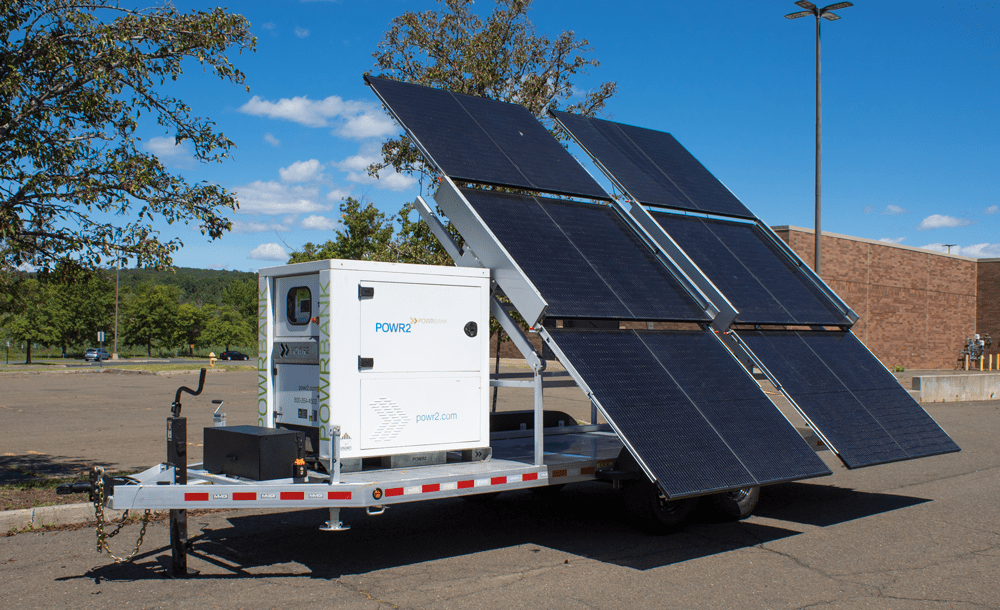Off-grid Energy Solutions for Smallholdings
Living in a smallholding can be an incredible and rewarding experience. The self-sufficiency and connection to nature that comes with it is unmatched. However, one of the challenges faced by smallholders is the availability of reliable energy sources. Thankfully, there are several off-grid energy solutions that can help power your smallholding efficiently and sustainably. In this article, we will explore some of these solutions to help you make an informed decision.
Solar Power:
Solar power is perhaps the most popular off-grid energy solution for smallholdings due to its affordability and reliability. A solar panel system harnesses sunlight and converts it into usable electricity through photovoltaic cells. This clean energy source not only reduces your carbon footprint but also lowers your dependency on grid power.
To get started with solar power, you will need to install solar panels on a suitable location like rooftops or open fields where they receive maximum sunlight exposure throughout the day. The number of panels required depends on your energy needs, so it’s important to assess your consumption beforehand.
Additionally, you will need batteries to store excess electricity generated during the day for use at night or during cloudy days when sunlight is limited. These batteries require proper maintenance and periodic replacement, so factor in those costs as well.
Wind Power:
If you live in an area with consistent wind patterns, wind power could be a viable option for your smallholding’s energy needs. Wind turbines convert kinetic energy from wind into electrical power through a generator mechanism.
Before installing a wind turbine system, ensure that there are no obstructions such as trees or buildings nearby which may hinder airflow. Additionally, check local regulations regarding height restrictions and noise levels associated with wind turbines.
While wind power can produce significant amounts of electricity under favorable conditions, it’s worth noting that its output can vary depending on weather conditions. Therefore, combining wind power with other renewable sources like solar can provide a more reliable off-grid energy solution.
Hydro Power:
If your smallholding has a water source such as a river or stream with consistent flow, hydro power can be an excellent off-grid energy solution. A hydroelectric system converts the potential energy of flowing water into electrical energy through turbines and generators.
To harness hydro power, you will need to install a turbine in your water source and connect it to an electrical generator. The amount of electricity generated depends on the flow rate and drop height of the water, so careful assessment of these factors is crucial for optimal performance.
Micro-hydro systems are particularly suitable for smallholdings as they do not require large-scale infrastructure like dams. However, ensure that you have all necessary permits and comply with environmental regulations before implementing a hydro power system.
Biomass Energy:
For smallholders with access to organic waste materials such as crop residues or animal manure, biomass energy can be an effective off-grid solution. Biomass refers to any plant or animal-based material that can be used as fuel.
There are different ways to convert biomass into usable energy, including combustion, gasification, or anaerobic digestion. Combustion involves burning biomass directly to produce heat or generate steam which powers turbines connected to generators. Gasification converts biomass into synthesis gas (syngas) which is then burned similarly to produce electricity. Anaerobic digestion uses microorganisms to break down organic matter in the absence of oxygen and produces biogas that can be used for cooking, heating, or generating electricity.
While biomass energy provides a renewable alternative and reduces waste disposal issues, it’s important to consider the availability and sustainability of feedstock before opting for this option.
Conclusion:
Off-grid energy solutions offer smallholders an opportunity to become self-reliant while minimizing their impact on the environment. Solar power is widely accessible and affordable while wind power offers reliability when combined with other renewable sources. Hydro power harnesses flowing water to generate electricity, and biomass energy provides a sustainable solution for those with access to organic waste materials.
Ultimately, the choice of off-grid energy solution depends on various factors such as location, available resources, and individual needs. It’s recommended to consult with experts in renewable energy systems before making any decisions. By adopting these off-grid solutions, smallholders can power their properties sustainably and enjoy the benefits of living off the grid.


Leave a comment